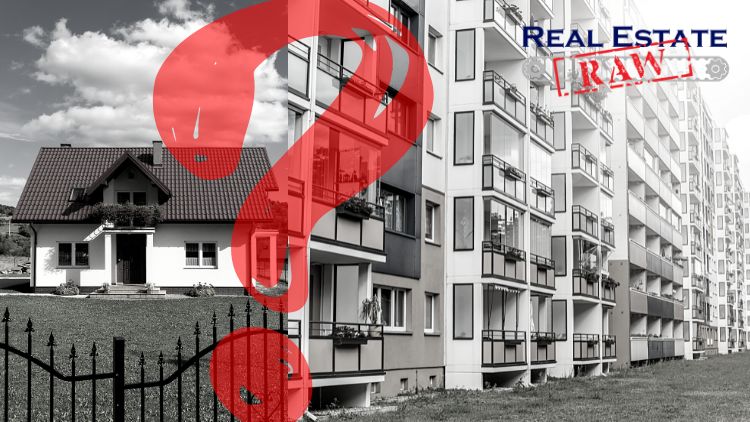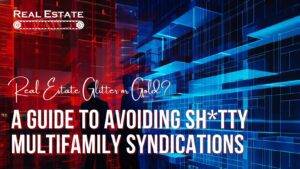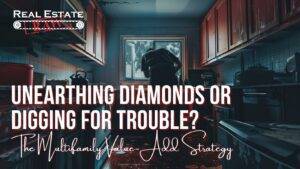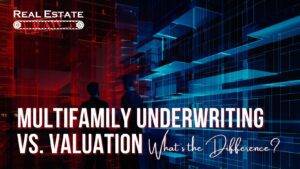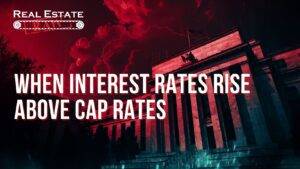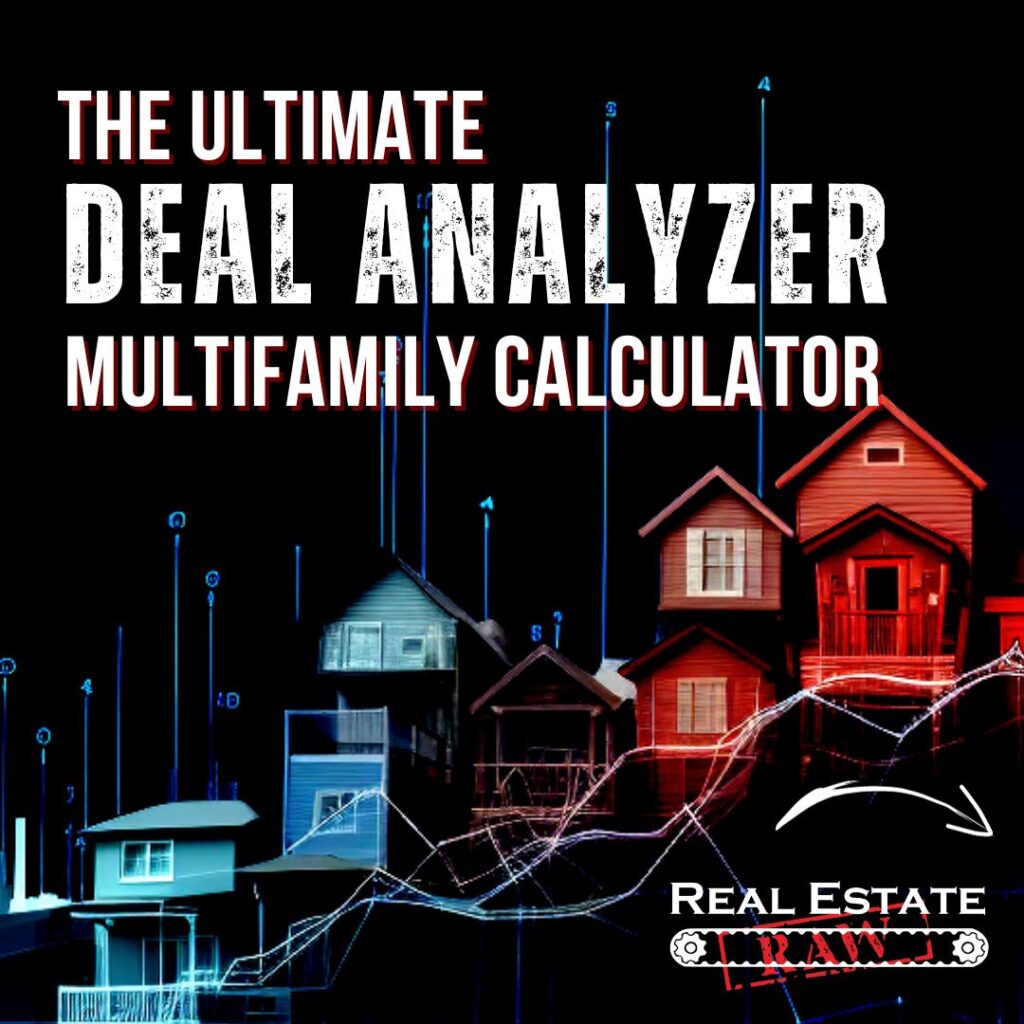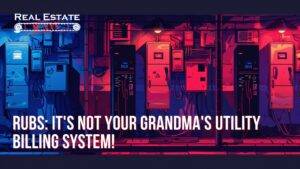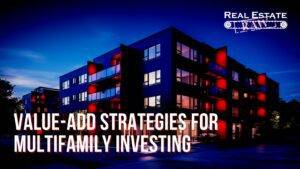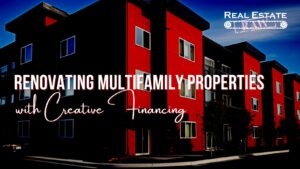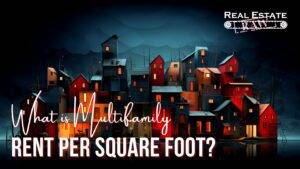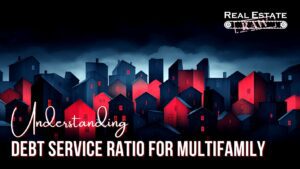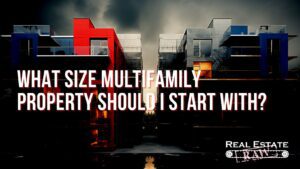“Is it better to invest in single family rentals or in apartments?”.
My answer- “houses make money when you steal them, and apartments make money by design”.
A single-family home was not built to be a long-term cash flowing investment. Multifamily was. Houses will cash flow and can be a great investment, if you get them cheap enough.
My opinion is that you should buy single family homes for fix and flip (quick capital gains) and that you should hold multifamily for long term cash flow and general appreciation. Houses are great for fixing up and selling at a profit but run into operational challenges when you start to hold a large portfolio. I have owned and operated a many rental houses as well as apartments in my 20-year career, in real estate, and I found that I like both asset classes for different reasons.
It is my experience that you have a much greater “economy of scale” when dealing with apartments. This means that it’s easier to deal with/manage 20 apartments at one location than 20 individual units spread around the city.
The apartments will have the same plumbing, electrical, HVAC and general systems. Each house will have a different physical setup. This causes higher repair costs because each repair will take a different set of parts and will take the maintenance person time to figure out each system in the house (electrical, plumbing etc.), and what parts will be needed. This results in lots of trips to the local hardware store and back. Got the right part? No? Back to the store. Sound familiar?
On an apartment building you can have supplies on hand as you will know what goes in each apartment. This (economy of scale) cuts down on operational costs and increases cash flow.
While multifamily is the way to go for a long term hold portfolio, houses make more money per unit. The returns (ROI per unit) tends to be higher in single family residential rental units than in apartment units.
The margins are lower in apartments (per unit) but there are a lot more “commas and zeros” when dealing with larger properties. For example, cash flow per unit in a large apartment complex may be $100-$200 a door. In a house you typically get more cash flow than that. But if you get $100 a door and you have 2O or 50 doors, that can start to equal some interesting cash flow.
Appreciation is also factor when considering economies of scale. For example, if a house you invested in goes up in value by 20% that’s good. If your 20-unit apartment complex appreciates by 20%…that’s great! More “commas and zeros” when dealing with larger properties.
This is why it is my opinion that you should use houses for quick capital gains and then invest that money into long-term hold investments in a multifamily asset.

